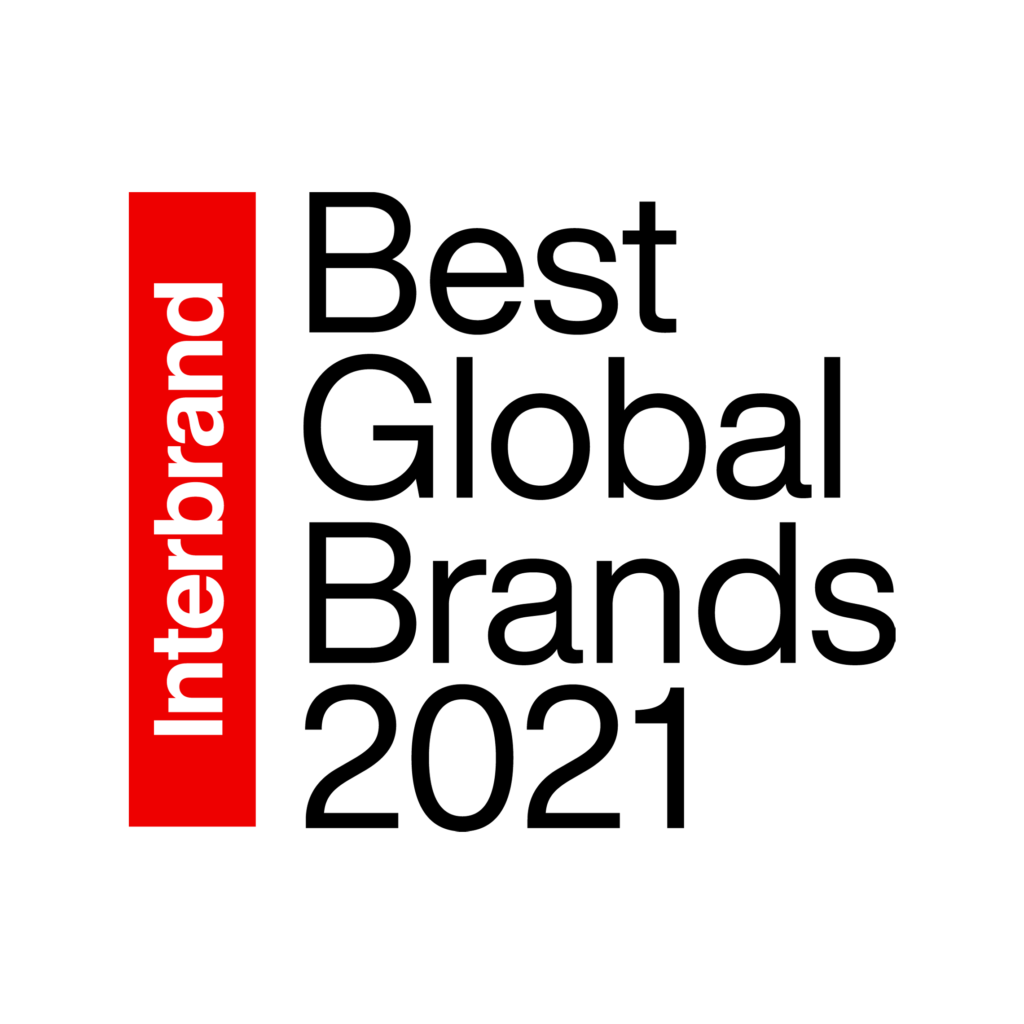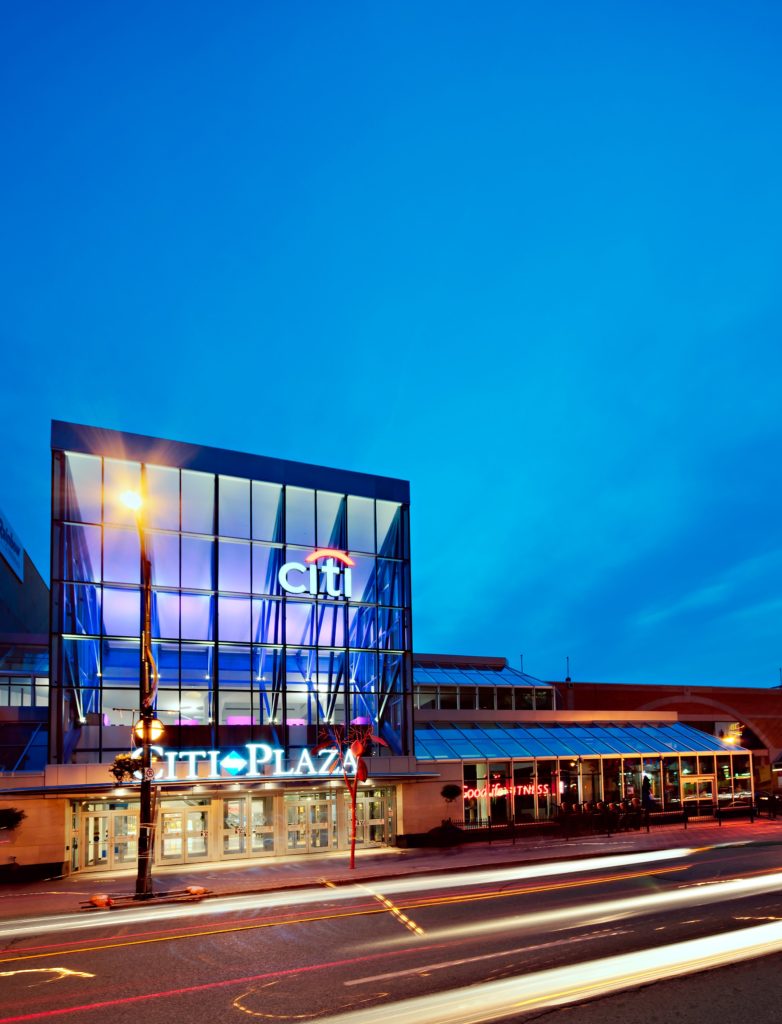
Five Questions with Ed Skyler, Executive Vice President, Citi

Ed Skyler, Executive Vice President, Citi
What are the big success stories for the Citi brand over the last 12 months that have driven your brand strength and growth?
First and foremost, we have a new leader at the helm. Jane Fraser not only made history as the first female CEO of a major U.S. bank, she is paving the way with a new leadership style and an approach that is going to position Citi to win. On Jane’s first day as CEO, Citi committed to achieving net zero carbon emissions by 2050. We also made a strong commitment to work toward closing the racial wealth gap with our $1 Billion Action for Racial Equity initiative announced in September 2020, and then just seven months later provided a transparent update on our progress.
Just as important to me, we’ve bolstered our reputation as a company that doesn’t just lend its name to the issues of the day but brings the breadth of its business to address the biggest challenges our society faces. For example, we just recently announced that nine out of the 23 investments we have made in double bottom line businesses were directed to black founders through our new Citi Impact Fund. On the consumer side, Citi became the first major U.S. bank to offer transgender and non-binary people the ability to use their self-identified chosen name on eligible credit cards.
Thinking about the customer: we have a hypothesis that consumers once made purchases to signify their economic capital, then later to signify their intellectual capital, and most recently to signal their “ethical capital”. Does this hypothesis resonate with you and how do you address it from a brand standpoint? What about your brand do you fix & what do you flex?
Consumers are in the driver’s seat, and they care deeply about the actions companies are taking. They often ask – does this brand align with my values? Are they standing up for what’s right and doing more than just putting out a statement? And we know from research that people now trust businesses more than they trust the government, the media, and even nonprofits. That’s not only a challenge but an opportunity, and it’s a big responsibility that we do not take lightly.
I often think about what Citi’s former CEO Walter Wriston said almost 50 years ago: “If we do not make a constructive contribution to the society we live in, we won’t be permitted to exist.” While our world has certainly changed and the demand for corporate citizenship has dramatically increased, how Citi supports the communities it serves has remained the same. It’s part of our DNA, and it’s what we’ve been doing for more than 200 years. Our company and our industry have certainly come a long way since the financial crisis – it’s up to all of us to continue to prove that.

Consumers are in the driver’s seat, and they care deeply about the actions companies are taking. They often ask – does this brand align with my values? Are they standing up for what’s right and doing more than just putting out a statement?
Increasingly, we see that traditional industry or category conventions are less helpful to understand a brands’ commercial landscape, and that understanding and planning around consumer motivations or desires gives a better sense of the true competition. Does this hypothesis resonate with you and how do you address it from a brand standpoint?
It is no secret our industry is changing. We have seen a big shift towards digital, which has only been accelerated by the pandemic. And we’re increasingly seeing competition from new types of companies (take Fintech for example), so we would be doing ourselves a disservice if we only measured against our traditional peers.
When it comes to brand marketing, our efforts focus on how we bring our mission to life and how we can deliver on evolving consumer needs through new products or services or bring awareness to a social issue through an advertising campaign. Consumers continue to expect more from the brands they align with and make purchasing decisions based on values and ethics. We feel it’s important to use our corporate voice to bring attention to these issues, but our brand marketing efforts would not be possible without tangible action backing them up.
Post-COVID, post Social Justice – the world is starting to settle back to a new normal. How have these events affected your brand strategy?
The magnitude of the challenges we have faced, and are still facing, around the world over the last 18 months forced us to walk and chew gum at the same time. We had to navigate the onset of COVID-19 and protect our people while we continued to play a role in tackling significant economic and humanitarian issues like racial and gender equity. It was critical that we not only made progress on the existing commitments we made before the pandemic, but that we launched new efforts to respond to what our communities needed. Now more than ever, consumers are looking to businesses to step up and be part of the solution – and that’s exactly what we’re focused on.
When we look at the relationship between employees and consumers, we have a tremendous advantage given the size of our company. With more than 200,000 employees around the world – including over 60,000 in the U.S. – it’s no surprise that employees and consumers have a lot in common. So, when we are thinking about what issues we are going to stand up and fight for, both our consumers and employees are critical. But it’s important to keep in mind that while these groups are similar, they are not interchangeable.
It is no secret our industry is changing. We have seen a big shift towards digital, which has only been accelerated by the pandemic. And we’re increasingly seeing competition from new types of companies (take Fintech for example), so we would be doing ourselves a disservice if we only measured against our traditional peers

What are the major disruptors and accelerators of competition and brand growth on your horizon?
We are entering the next era of loyalty in financial services as consumer options continue to increase. There is a lot of competition for business, for talent, and for brand reputation. For example, every company – and certainly every bank – says ESG is a priority and can speak to that with sizable numbers that have been committed. This means there is a continuous challenge to raise the bar and to really show we are delivering on our commitment with not only our words and our actions, but our balance sheets.
This notion applies to talent as well. People want to work for companies that align with their values. Our social impact work – and how it’s embedded across our business – is a strong selling point for attracting top candidates as our industry is in the midst of a battle for talent. We’re also seeing workplace flexibility as a big issue on the horizon. At Citi, we believe we are better together in person when we can be, but we’ve also worked hard to develop a reputation as a firm with empathy. The well-being of our employees has remained a top priority throughout the pandemic and will continue to be through the global recovery and beyond.